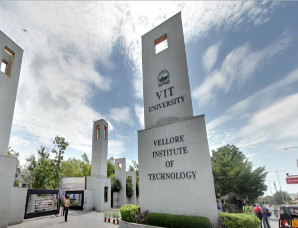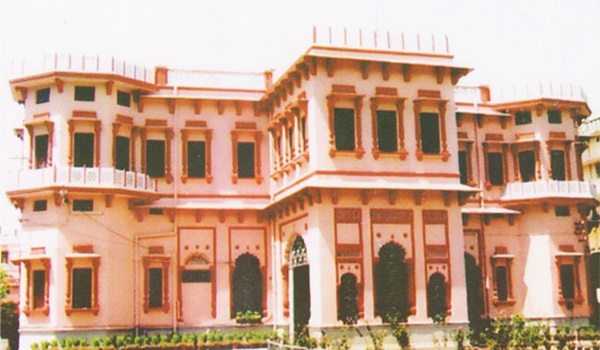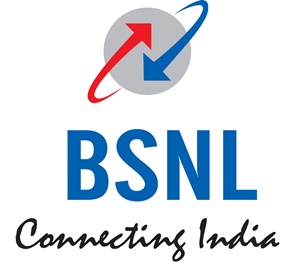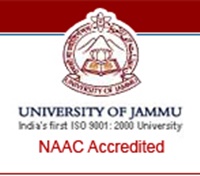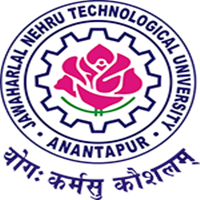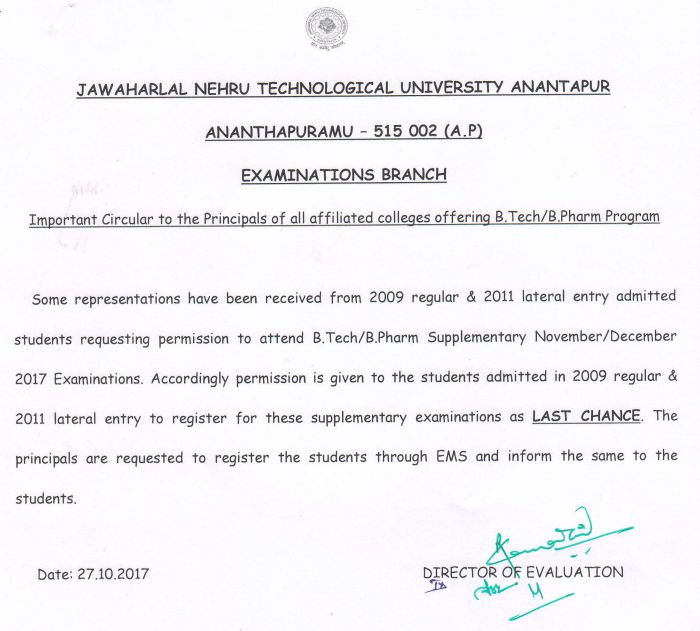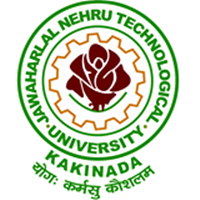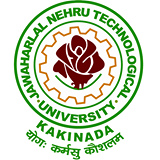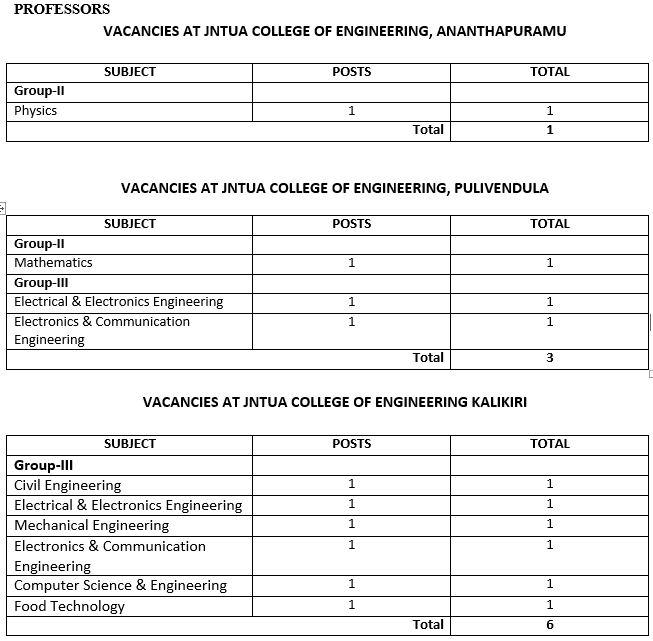JEE Advanced 2018 Eligibility Criteria: IIT Kanpur has released Eligibility Criteria for JEE Advanced 2018 examination. The JEE (Advanced) 2018 will be held on Sunday, May 20, 2018. The entire JEE (Advanced) 2018 Examination will be conducted in fully computer based test mode.
JEE Advanced 2018 Eligibility Criteria For Indian Nationals (including PIO/OCI)
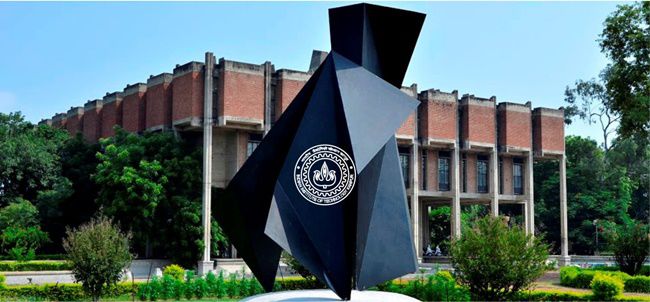
All the candidates must fulfil each and every one of the following five criteria to appear in JEE (Advanced) 2018.
Criterion 1 – Performance in JEE (Main) 2018: Candidates should be among the top 2,24,000* (including all categories) in Paper-1 of JEE (Main) 2018.
The percentages of various categories of candidates to be shortlisted are: 27% for OBC-NCL, 15% for SC, 7.5% for ST and the remaining 50.5% is OPEN for all. Within each of these four categories, 5% horizontal reservation is available for PwD candidates.
The following table show the order to be followed while choosing top 2,24,000* candidates in various categories based on the performance in Paper-1 of JEE (Main) 2018.
Category-wise distribution of top 2,24,000* candidates (Criterion 1)
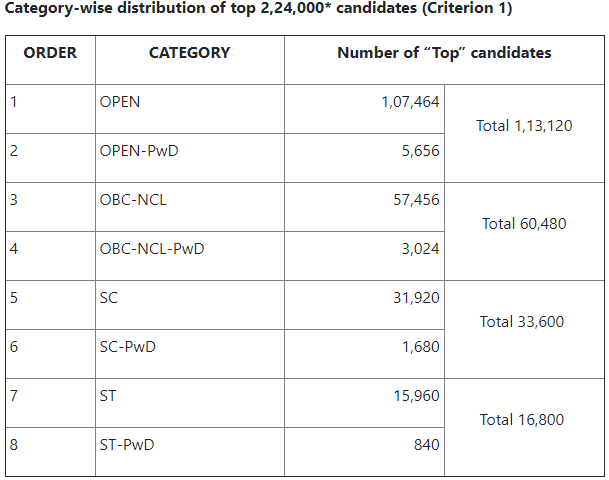
* The total number of candidates can be slightly greater than 2,24,000 in the presence of “tied” ranks/scores in any category.
Criterion 2 – Age limit: Candidates should have been born on or after October 1, 1993. Five years relaxation is given to SC, ST and PwD candidates, i.e., these candidates should have been born on or after October 1, 1988.
Criterion 3 – Number of attempts: A candidate can attempt JEE (Advanced) a maximum of two times in consecutive years.
Criterion 4 – Appearance in Class XII (or equivalent) examination: A candidate should have appeared for the Class XII (or equivalent) examination for the first time in either 2017 or 2018.
However, if the examination Board of Class XII (or equivalent) declares the results for the academic year 2015-16 after June 2016, then the candidates of that board who appeared for their class XII exam in 2016 are also eligible to appear in JEE (Advanced) 2018, provided they meet the other eligibility criteria. In case, the examination Board of Class XII (or equivalent) declared the results for the academic year 2015-16 before June 2016 but the result of a particular candidate was withheld, then the candidate will not be eligible to appear in JEE (Advanced) 2018.
Criterion 5 – Earlier admission at IITs: A candidate should NOT have been admitted in an IIT irrespective of whether or not he/she continued in the program OR accepted an IIT seat by reporting at a reporting centre in the past. Candidates whose admission at IITs was cancelled after joining any IIT are also NOTeligible to appear in JEE (Advanced) 2018.
Candidates who have been admitted to a preparatory course in any of the IITs for the first time in 2017 can appear in JEE (Advanced) 2018.
The candidates who paid seat acceptance fee in 2017 but (i) did not report at any reporting centre OR, (ii) withdrew before the last round of seat allotment, OR, (iii) had their seat cancelled (for whatever reason) before the last round of seat allotment for IITs, during the joint seat allocation in 2017 are eligible to appear in JEE (Advanced) 2018.
However, in any of the above cases, the candidate is required to fulfil the conditions mentioned from criterion 1 to criterion 4.
PERFORMANCE CRITERIA IN CLASS XII (OR EQUIVALENT) BOARD EXAMINATION FOR ADMISSION
- The candidates should satisfy at least one of the following two criteria for admission to IITs:
- Must have secured at least 75% aggregate marks in the Class XII (or equivalent) Board examination. The aggregate marks for SC, ST and PwD candidates should be at least 65%.
- Must be within the category-wise top 20 percentile of successful candidates in their respective Class XII (or equivalent) board examination.
- The percentile calculation will be done for the required subjects in a single academic year only. Therefore, candidates appearing for improvement in Board examinations can EITHER appear in one or more subjects and secure 75% aggregate marks (65% for SC, ST and PwD) after improvement, OR, appear for improvement in ALL subjects to be in top 20 percentile (see section titled “Regarding the cut-off marks for the top 20 percentile”) of the corresponding academic year.
- The marks scored in the following five subjects will be considered for calculating the aggregate marks and the cut-off marks for fulfilling the top 20 percentile criterion.
- Physics
- Chemistry
- Mathematics
- A language (if the candidate has taken more than one language, then the language with the higher marks will be considered)
- Any subject other than the above four (the subject with the highest marks will be considered).
- For calculation of the total marks for five subjects, if the marks awarded in a subject is NOT out of 100, then the marks will be scaled (up or down) to 100 so that the total aggregate marks is out of 500.
- If a Board awards only letter grades without providing an equivalent percentage of marks on the grade sheet, the candidate should obtain a certificate from the Board specifying the equivalent marks and submit it at the time of acceptance of the allocated seat. In case such a certificate is not provided, the decision taken by the Joint Implementation Committee of JEE (Advanced) 2018 will be final.
- In case any of the subjects Physics, Chemistry, Mathematics and Language are not evaluated in the final year (e.g., in a 3-year diploma course), then the marks for the same subject from the previous year/s will be used for calculating percentage of aggregate marks.
- For candidates who appeared in the Class XII (or equivalent) Board examination for the first time in 2017 and reappeared in ALL subjects (for whatsoever reason) in 2018, the best of the two performances will be considered.
- If a Board gives aggregate marks considering both Class XI and Class XII examinations (in the 10+2 system), then only Class XII marks will be considered. If a Board gives aggregate marks considering the results of all three years of a 3-year diploma or courses of equivalent duration, then only the marks scored in the final year will be considered. Similarly, for Boards which follow a semester system, the marks scored in the final two semesters will be considered.
- If a Board does not give marks scored in individual subjects but gives only the aggregate marks, then the aggregate marks given by the Board will be considered as such.
Regarding the cut-off marks for the top 20 percentile
- The category-wise cut-off marks for the top 20 percentile are calculated based on the marks scored by the candidates who pass in their respective boards in the particular year.
- The cut-off marks for PwD candidates will be the same as the lowest of the cut-off marks for GEN, OBC-NCL, SC and ST categories.
- It is reiterated that top 20 percentile cut-off for the academic year 2018 will be considered for the candidates who pass the Class XII (or equivalent) examination in 2018.
- Similarly, top 20 percentile cut-off for the academic year 2017 will be considered for the candidates who pass the Class XII (or equivalent) examination in 2017.
- Candidates who appeared in Class XII (or equivalent) examination for the first time in 2017 and wish to (or have to) reappear in 2018 with the objective to qualify through top 20 percentile cut-off criteria, should reappear in all the subjects. For such candidates, top 20 percentile cut-off for 2018 will be considered.
- In case a Board does not provide information about the cut-off for the top 20 percentile, the candidate will have to produce a certificate from the respective Board stating that he/she falls within the top 20 percentile of successful candidates. If the candidate fails to do so, then the cut-off marks, in the respective categories, for the CBSE will be used.
Regarding the aggregate marks of 75% (or 65% for SC, ST and PwD)
- The aggregate marks scored by the candidate in the 2018 Class XII (or equivalent) Board examination will be considered for candidates who pass the Class XII examination in 2018.
- The aggregate marks scored by the candidate in the 2017 Class XII (or equivalent) Board examination will be considered provided the candidate does not reappear in the Class XII (or equivalent) examination in 2018 in any of the subjects.
- If a candidate has passed his/her Class XII (or equivalent) in 2017 and wishes to improve his/her aggregate marks to meet the “aggregate marks of 75% (or 65% for SC, ST and PwD) criterion”, he/she can reappear for any number of subjects he/she wishes for improvement. The percentage marks in this situation will be calculated by considering the marks obtained in 2017 or 2018, whichever is higher, in the respective subjects, in his/her two attempts in 2017 and 2018.
Source: https://www.jeeadv.ac.in/Eligibility-Criteria.html
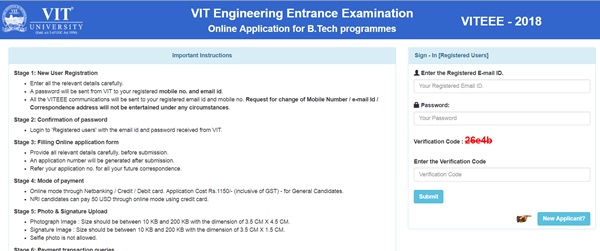

320-x100(1).gif)

